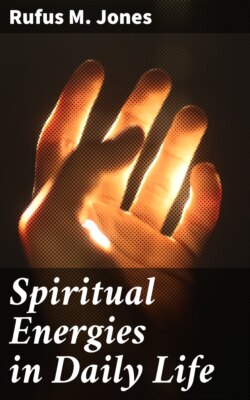Читать книгу Spiritual Energies in Daily Life - Rufus M. Jones - Страница 12
На сайте Литреса книга снята с продажи.
II
HE CAME TO HIMSELF
ОглавлениеTable of Contents
Was there ever such a short-story character sketch as this one of the prodigal son! No realism of details, no elaboration of his sins, and yet the immortal picture is burned forever into our imagination. The débâcle of his life is as clear and vivid as words can portray the ruin. Yet the phrase which arrests us most as we read the compact narrative of his undoing is not the one which tells about “riotous living,” or the reckless squandering of his patrimony, or his hunger for swine husks, or his unshod feet and the loss of his tunic; it is rather the one which says that when he was at the bottom of his fortune “he came to himself.”
He had not been himself then, before. He was not finding himself in the life of riotous indulgence. That did not turn out after all to be the life for which he was meant. He missed himself more than he missed his lost shoes and tunic. That raises a nice question which is worth an answer: When is a person his real self? When can he properly say, “At last I have found myself; I am what I want to be?” Robert Louis Stevenson has given us in Dr. Jekyll and Mr. Hyde a fine parable of the actual double self in us all, a higher and a lower self under our one hat. But I ask, which is the real me? Is it Jekyll or is it Hyde? Is it the best that we can be or is it this worse thing which we just now are?
Most answers to the question would be, I think, that the real self is that ideal self of which in moments of rare visibility we sometimes catch glimpses.
